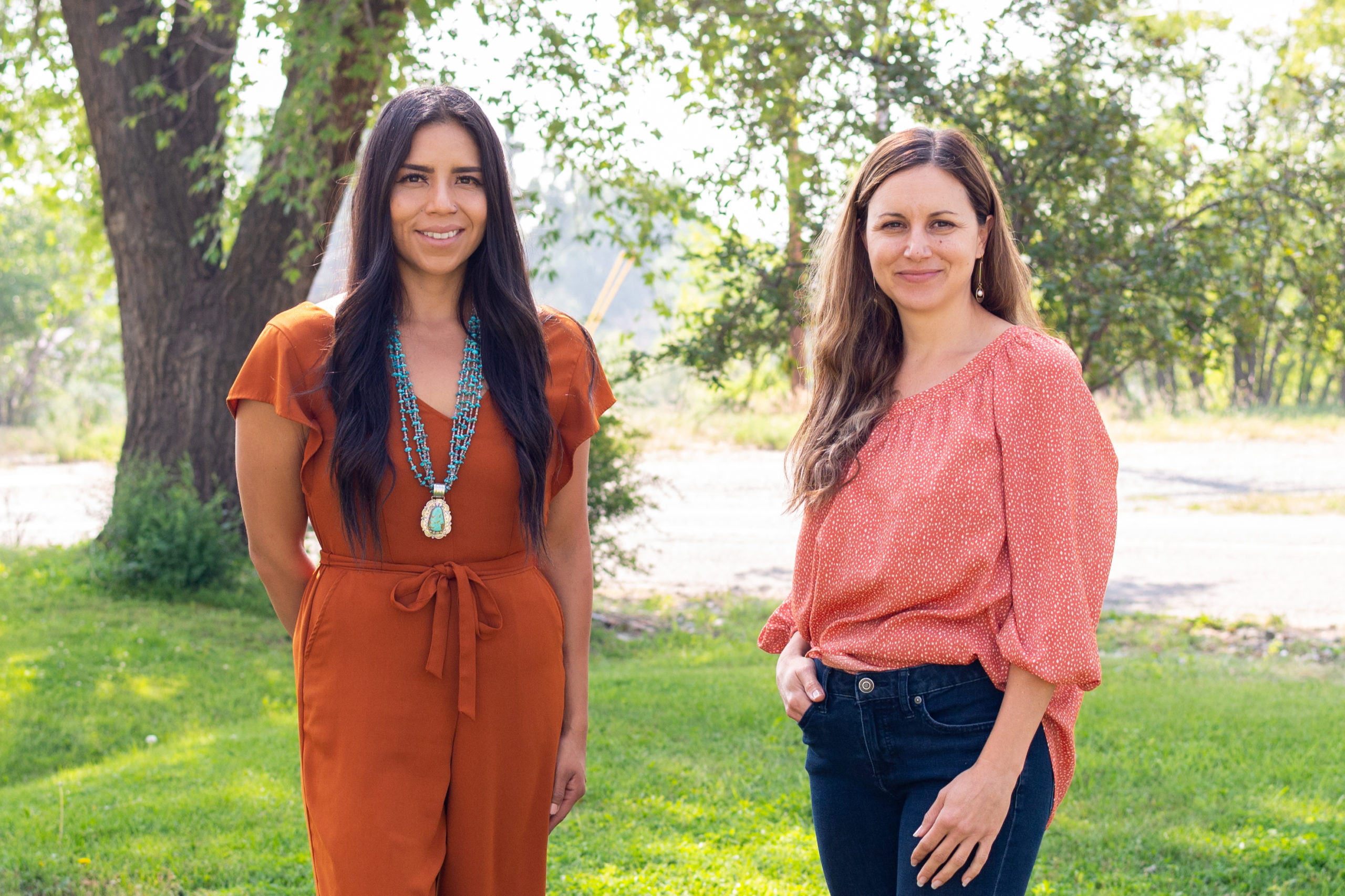The Southern Ute Indian Tribe’s Division of Social Service’s Foster Care Program is actively searching for more families to provide a safe and stable home environment for tribal children. The program currently only has two fully licensed foster care families who are serving the local community and youth.
Interested parties can begin the fostering process by completing the application, doing a home safety inspection, and interviewing with the program to determine eligibility. Background checks on all members in the household will be conducted as well as mandatory foster care training. Foster Families can be made up of anyone who is single, married or in a domestic partnership. They must be over 18 years of age, any gender, race/ethnic group, and any religion. They can be homeowners or renters with biological children in the home or not.
“We’re kind of looking at tribal members first, because the most important thing for us is to keep families connected in the community—both with cultural and traditional values as well,” Foster Care Program Coordinator, Morgan Olsson said.
The program currently offers three different types of fostering, there is the traditional, emergency and respite forms of care. Traditional care is when foster parents provide care and support for children until a permanent plan is implemented for family reunification. These families should expect to work directly with birth family members and child welfare professionals while also completing ongoing training requirements.
Emergency fostering is for children who enter tribal custody at any given time and day. This type of care is specific to caregivers who can provide short-term care for children placed in protective custody, usually up to 72 business hours, or until a relative/foster family placement can be found.
Just like any other parent, fostering parents need time to rest and recharge, respite care provides this short-term care. The care is usually offered during evenings or weekends; and is for children currently living with another foster family. As a respite caregiver this opportunity is a great way to see if full time foster parenting is right for you.
“We are looking to expand outwards to families in Durango and Bayfield—it all starts with a call to me,” Olsson explained. “I want families to know that there is an option for everyone who has the heart to help, long and short-term placements are available.”
Foster families play a fundamental role in meeting the developmental needs and well-being of youth. By offering a safe and nurturing home environment children can remain within the tribal community and stay connected to their cultures and tradition.
“We want to preserve and counsel with families before taking steps of removing children from the home,” Southern Ute Division of Social Service’s CSW, MSW Family Therapist, Angelina Whitehorse stated. “My counseling is based on strength based, family centered, solution focused theories, to really help promote preservation, along with incorporating a lot of the traditional aspects that families value within the community.”
As the family therapist, Whitehorse is responsible for counseling families and offering education that will support and strengthen those bonds from within. Families are encouraged to work with the family therapist to prevent children from out of home placement as well as working towards family crisis stabilization.
“Our work essentially never stops, it’s 24 hour services—we as a division offer support and referrals to help foster parents and families whenever they need us,” Whitehorse said. “We really want to keep children within their family systems, kin is very important to us, supporting them in terms of how to maneuver through the system, and really trying to keep the children out of the system and with that comes a lot of need for support within the community.”
Potential DSS Foster Parents and Families are invited to the ‘Foster Parent Webinar’ which is scheduled for Wednesday, August 25 at 6 p.m. Registration can be completed by email at molsson@southernute-nsn.gov or by calling 970.563.2330 for any other general information.

